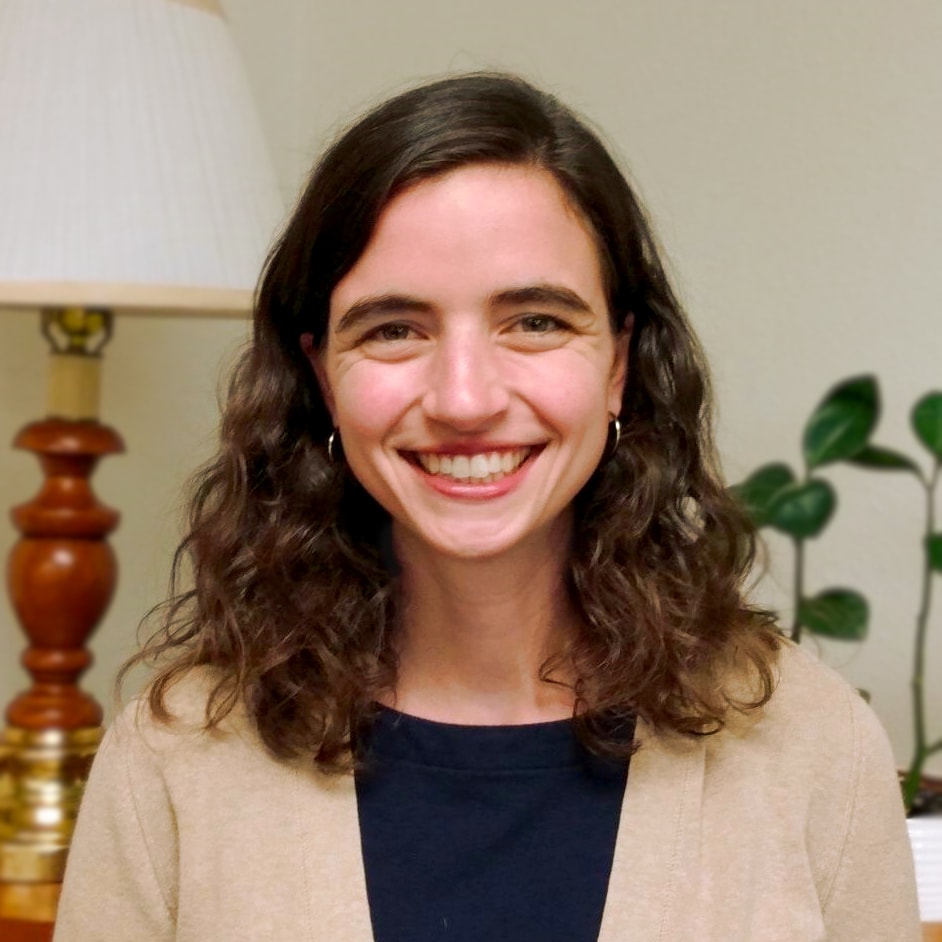In my last article, I explained Josef Pieper’s definition of “leisure” from his essay Leisure: The Basis of Culture. To recap, leisure is an attitude of rest, contemplation, and happiness with God, the world, and one’s place in it. A man at leisure doesn’t value things according to how much he worked for them, or act as if labor and survival were all there is to life (that’s idleness), but is happy to passively receive good things from God. In this article, I’ll explain how leisure relates to the liberal arts.
Even the term “liberal arts” hints at their close tie with leisure, because only a free man (free from enslavement to work, that is) has the time and resources to study them. The liberal arts are divided into two groups, the language arts (grammar, logic, rhetoric) and the mathematical arts (arithmetic, geometry, music, astronomy). It’s important not to get too stuffy about what belongs in these categories. The first one, language, isn’t limited to English grammar class, but includes anything from poetry, to singing the alphabet, to arguing, to storytelling, to dactylic hexameter in Latin (nerdy isn’t the same thing as stuffy!), to reading a favorite book. The second category, math, refers to exploring order in the world through number. This also can take a variety of forms: yes, the expected algebra problems and multiplication tables, but also studying architecture, stargazing, finding patterns on a pinecone, and singing a four-part Lutheran chorale. (Mr. Hahn’s forthcoming article series on the mathematical arts promises to be great!)
The liberal arts assist leisure—man’s attitude of rest, contemplation, and happiness—in two ways. First, they lead him to develop and delight in his uniquely human qualities, qualities that make him more than just a cog in the workaday machine. Second, and even better, they direct him beyond himself to rejoice in the divine—the very God in whose image he was made, and in whom he finds true rest. Let’s look at each of these in turn.
A man at leisure is happy to be human. He realizes that he isn’t bound to instinct and survival like an animal, but that his gifts of reason and language set him apart as something more. A man at leisure seeks to use and strengthen these uniquely human qualities, and studying the liberal arts does exactly that. By studying language, we gain deeper understanding about the means by which we think, communicate with one another, and (more on this soon) receive from God. By studying math, we exercise our capacity to observe, compare, postulate, and figure stuff out. A man who treasures these uniquely human qualities doesn’t see his life as a dull cycle between working for a paycheck and trying to extract a little pleasure from the weekend. Instead, he looks forward to fulfilling those high, special qualities of his nature, whether at work or in his free time. He knows he’ll find great satisfaction in solving that hydraulics problem at the factory or making a solid argument in a conversation with his friends. He knows he’ll take great delight in writing a sweet but eloquent letter to his fiancée, or finishing an original composition on the piano. The liberal arts teach a man how to look beyond the mundane and find rest and delight in ways that accord with his very nature. They teach him how to find leisure.
The liberal arts also lead man to find his rest in God. I do not mean that they lead man to salvation, or that studying language and math is some kind of means of grace. I mean that any Christian absorbed in the delight of words, or the discovery of order in creation, cannot help but have his thoughts directed to Jesus. What incredible stars He put in the sky! How clearly His love is expressed in this poem! And on this point, the distinction between the mathematical arts and the language arts is very significant. Studying order and number leads to wonder and praise of God as He is revealed through nature, which is wonderful. But studying language directly touches the means God has chosen to deal with us: His Word. While God has certainly condescended to speak to us plainly, so that we can understand and receive His Word without any study at all, the treasure trove of Scripture (as well as great commentaries, sermons, poetry, and meditations by Christians throughout the ages) is utterly endless. We could spend eternity studying language, delighting in and receiving from our Savior more and more.
Pieper describes the liberal arts as those which “cannot be put at the disposal of useful ends.” I would clarify the meaning of “useful” in that description. The liberal arts do have an end or purpose, just not one necessary for the physical sustenance of man. Their first use is to guide man toward his human-ness, those unique qualities of language and reason that give him satisfaction and delight. The second is to lift man’s eyes in wonder and love toward the God who gives him true rest, especially in His Word.
The next article on leisure will discuss its cultivation in the Lutheran classroom!
In Christ,
Miss Hahn

